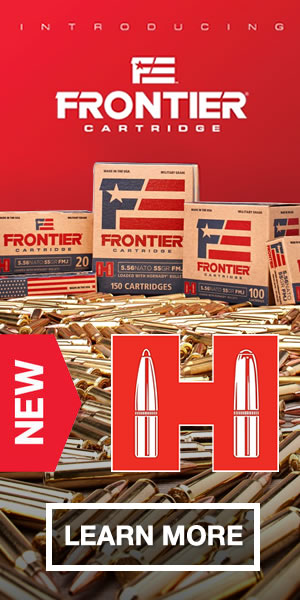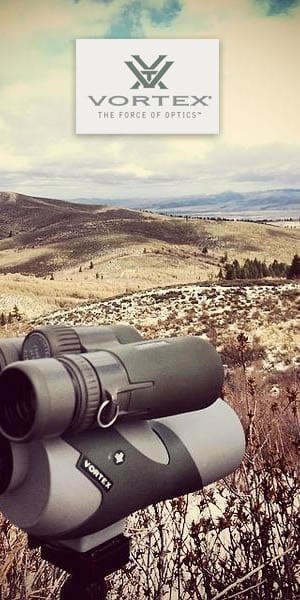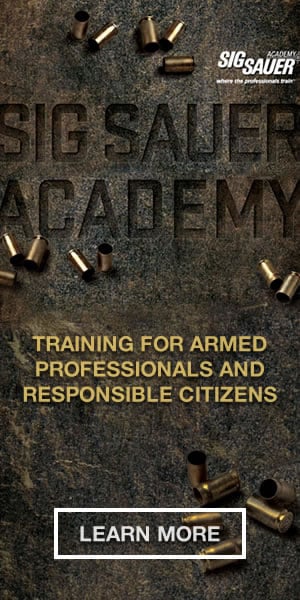There are hundreds, if not thousands of articles on the topic of selecting your first defensive handgun written by various authors with various levels of experience and ability-I have written a few myself for various publications over the last 15-20 years. I feel that this is an important topic that should be revisited from time to time since new handguns appear on the market on a regular basis, and as more and more people with limited experience seeking answers and information join the ranks of self-defense shooters on a daily basis.
Never before in U.S. history has such a staggering array of handguns designed primarily for self-defense been available. This is a good thing, but it does bring with it a new problem that heretofore wasn't as prominent. The problem is this; which handgun to choose? Let me offer some suggestions based on my 38 years of experience utilizing handguns for home defense, on-duty law enforcement carry, and off-duty concealed carry. Then with capable assistance, test out some different types before you purchase. Vance Outdoors on Alum Creek is the perfect place to try out your potential purchase before buying.
1. Try to select one gun for multiple missions if limited by budgetary constraints.
Some of you who are reading this may be interested in purchasing a handgun for home defense, and are not interested in obtaining a concealed carry permit. I recommend that you plan for future contingencies, and select a firearm that you can use for home defense or concealed carry. You may decide that you want to get your permit after becoming comfortable with your purchase.
This is a particularly important consideration since the vast majority of the newest defensive handguns are designed with concealed carry, rather than home defense in mind. Any handgun designed for concealed carry is suitable for home defense, and using a shorter barreled handgun designed for concealment makes weapon retention an easier proposition in case an assailant tries to grab your handgun. A short barrel provides less leverage. However, there is no "free lunch". The smaller and lighter your handgun is, the more it recoils, and relatively mild calibers like the .380 ACP can be attention getting if you select one of the new micro .380's as your defensive gun. It is one of several types you might not enjoy practicing with to any great degree. A mid-sized handgun might be your best choice.
2. Select a handgun caliber that you can easily control.
Ever since the .40 Smith and Wesson pistol round was introduced in 1990 (until just recently) it was deemed to be the greatest handgun caliber ever created. It ended the age old .45 vs. 9mm stopping power debate because it seemed to combine the big bore stopping power 45 with the high magazine capacity of the 9mm. It took the shooting world by storm and everyone NEEDED to have one-nothing less powerful was worth considering.
The problem was that not everyone NEEDED to have one. Law enforcement invested heavily in .40 caliber handguns for 25 years. Then the FBI, who was responsible for the development of the .40 Smith and Wesson cartridge in the first place decided that modern 9mm loads were easier to shoot by their personnel than the .40 and had less muzzle blast, yet supposedly had the same level of stopping power as the .40 and even the .45 ACP (not sure I buy that). In any event, law enforcement agencies have switched back to the 9mm just as fast as they originally switched the .40. Qualification scores are up across the board, and no one seems to feel under-gunned.
The point is that you don't need to have a handgun that chambers the biggest most powerful caliber available. You just need to select the one that you hit the target with best. If that means that in the end a .22 caliber pistol is your defensive caliber choice, then so be it. It has long been said that "a hit with a .22 is better than a miss with a .45", and no truer words have ever been spoken. Leave the really big boomers to Dirty Harry.
3. Select an action type that you are confident and comfortable with.
There are two basic handgun types used for self-defense-semi-automatic pistols and revolvers, with specialized types like two shot derringers making up the remainder.
My personal opinion as to what type of handgun action type to choose is this; if you are unable to practice at the range a lot, you are best off selecting a revolver. It is simpler to operate and less prone to an accidental discharge. Semi-automatic pistols are more complicated, and easier to cause to malfunction by those with limited experience. Plus there are many different semi-automatic operating systems out there to choose from-single action, double action, "trigger safety action" just to name a few. If you choose a semi-automatic pistol as your first self-defense pistol, you will want to make sure you take extra training from a qualified instructor to become competent.
I practice what I preach. More often than not, I am carrying a five or six shot revolver off-duty (with speedloaders) because of the enhanced reliability, and the ability to make a close quarter muzzle contact shot without jamming in an emergency. I am certain it will always go bang when it needs to, and remain silent when it doesn't. The simplest route is usually the best.
4. Consider the children.
If you have young children at home, I would recommend selecting a handgun with a relatively heavy double action trigger for at least the first shot. While my young son knows not to touch ANY firearm without permission, there is always that chance-even when I keep the gun out of reach. I do show him my guns when he asks to take the mystery out of them. It seems to be working fine. But action type alone is not enough.
Find a quality quick release lock box to keep your handgun in, or a security type holster that a child can't operate. For now, I only carry handguns off-duty that have a long double action trigger pull, like a revolvers, a SCCY 9mm, or my Bond Arms Bullpup 9. I have found that he simply is unable to pull the trigger on these guns. He can however, pull the trigger on a "trigger safety" type pistols. You may want to consider these options even if you have kids in your home only on occasion-such as if you are an aunt or an uncle, or have friends with children.
5. Practice, Practice, Practice
If you have the horrible misfortune to be forced to defend your life with your handgun-at home or on the street-all you may get is one chance/one shot. You need to be as sure as possible that you can fire that shot when needed, that your handgun will function, and that the bullet you fire will be effective as possible when it hits its intended-and only its intended-target. That's a lot to ask. It can only be accomplished with practice using live and dry fire training (which you want to be incredibly careful with if you live in a multiple family dwelling). If you are running into trouble during practice, seek qualified help to fix the issue.
I am only scratching the surface here. There are entire books that have been written on this topic, so take the time to research beyond what I am telling you. Use this as a foundation to build on, and take advantage of the rental gun service at the Alum Creek Vance Outdoors location. It will really help your decision making process.


